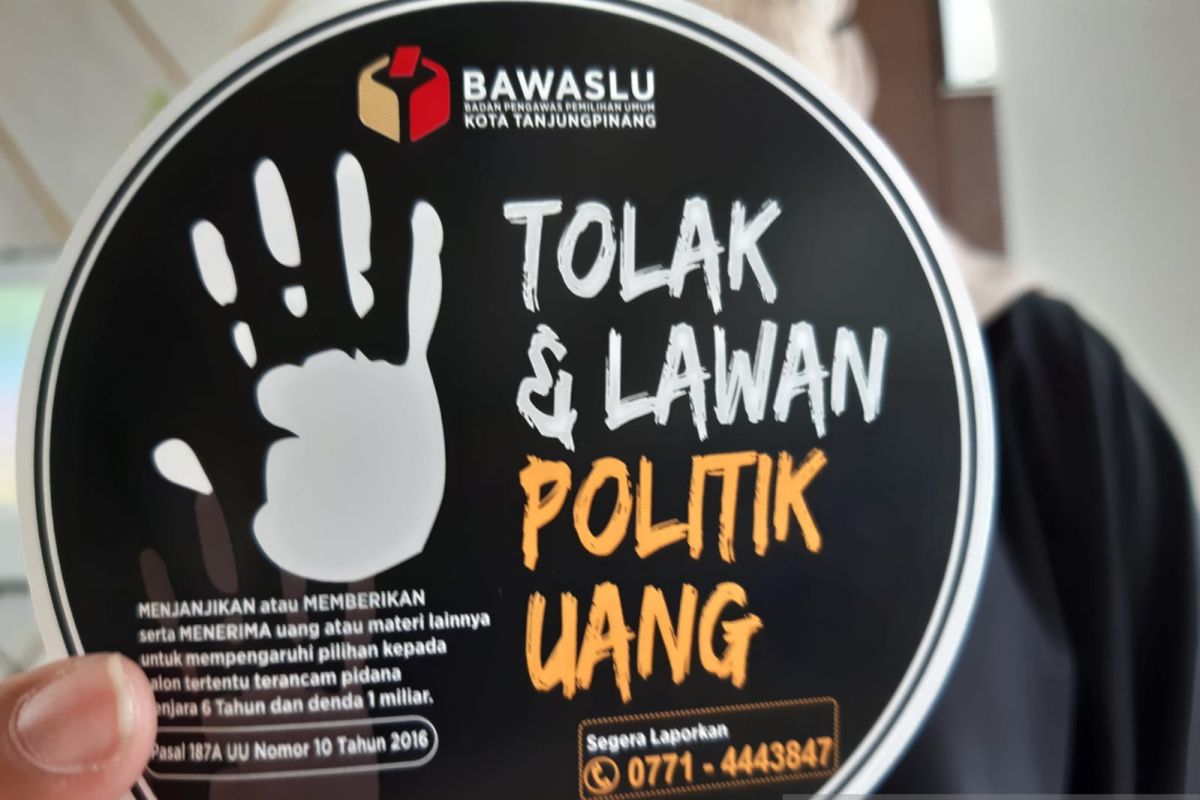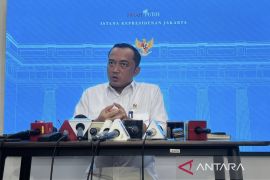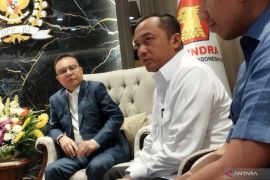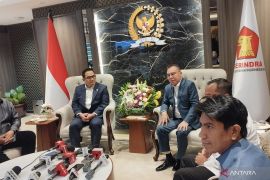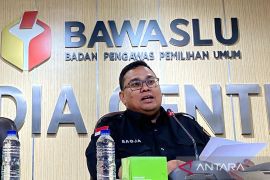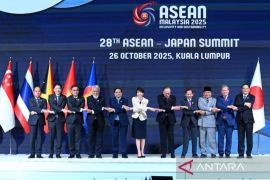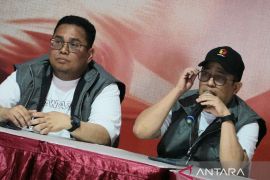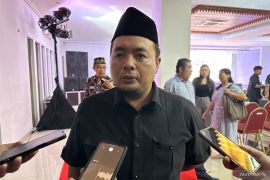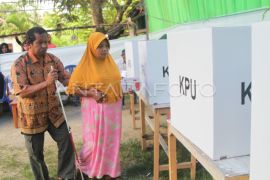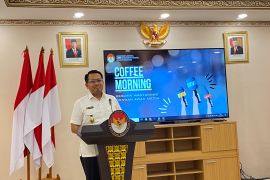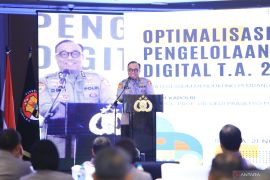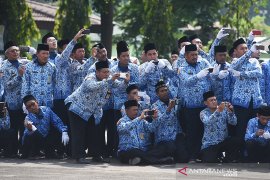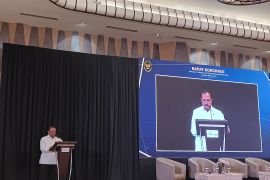While it is often criticized, the phenomenon of bribery in almost all elections and at various levels is a reality that cannot be denied.
Though many people have voiced their opinion against money politics and are striving to eliminate it, many have accepted it without reproach.
Thus, efforts need to be made to align public perception to the fact that regardless of its form and method, money politics is a forbidden practice and will bring legal consequences.
Wikipedia describes money politics as a form of bribery that keeps an individual from exercising their right to vote or exercising it in a particular manner during elections.
The bribes can come in the form of money or goods.
Those who oppose money politics consider it an act that destroys the meaning of democracy and taints election results since it involves actions that affect voters.
Individuals willing to participate in money politics have their own reasons, including financial circumstances or their closeness to political candidates.
Money politics can grow even further if two parties need one another: The bribe giver expects votes while the receiver expects money or goods.
This collusion has come to a point that there is a certain perception that money politics is an inseparable part of the culture.
In fact, money politics has become so prevalent that it has even been justified by political elites and has prompted the saying: “accept the money and vote or choose…,” an expression that seems to normalize bribery.
According to head of the Sleman General Elections Supervisory Agency (Bawaslu), Abdul Karim Mustofa, half of the general populace considers money politics a normal electoral practice.
This is despite the fact that it is very harmful and can endanger the continuity of democracy if not eradicated by the root.
Money politics is like diabetes or cancer that has become so severe that the only way to eliminate it is through amputation and operation.
To this end, the agency has intensified the dissemination of information to seek a ban on money politics.
Despite the prevalence of money politics, it is necessary to make people understand its corrosive effect on democracy.
Changing viewpoints
Realizing this, the Sleman General Elections Supervisory Agency (Bawaslu) has decided not to give up and has continued efforts to educate people through various groups about the dark side of money politics.
The efforts necessitate long-term involvement and patience, with the expectation that they would one day produce results.
Through them, little by little, public perception is expected to change: from considering money politics as normal to panning it as a harmful practice.
Democracy cannot produce people’s representatives and leaders with integrity if the electoral process is tainted by graft.
The Sleman General Elections Supervisory Agency (Bawaslu) has realized that amid the advancement of technology, communication media has shifted to online platforms.
In keeping with this trend, intensive communication has been established within online communities, such as messaging application service groups.
The online media community allows for faster and more segmented delivery of information. Hence, it has become one of the important targets for information dissemination concerning participatory monitoring.
Education through community groups can allow an even greater shift in public perception of money politics.
Participatory monitoring
The Sleman General Elections Supervisory Agency (Bawaslu) has urged the people to collaborate to monitor the simultaneous 2024 General Elections and Regional Head Elections, including potential money politics.
The call for people's involvement in every stage of the election is a strategic action to monitor the democratic process so that it produces quality leaders of moral integrity.
As the sovereign, the people are not an object to be exploited for votes in an election, but rather a subject, including for monitoring the general election to ensure the integrity of its participants.
Participatory monitoring is a manifestation of the people's sovereignty and bolsters people's political involvement.
It also provides a space for political learning for all parties and is meant to ensure that citizens' basic rights, namely voting rights, are not abused.
In addition, with the passage of time, more women are entering the public domain, whether economical, social, or political.
The participation of women in general election monitoring is very important given that women have the capability to assist in improving the prosperity of their families and the nation.
Through this education, it is expected that people will come to understand the meaning of democratic elections and the function of election monitoring.
This could boost people's awareness to participate in the election process and in its monitoring since one of the indicators of a democracy is the space provided for public monitoring.
People’s participation can involve conveying information that can be followed up on, such as on money politics practices and campaign advertising.
Participatory monitoring in Sleman has included the formation of anti-money politics villages or APU Villages. The agency is intensively carrying out information dissemination and development in anti-money politics villages.
Through this effort, it is expected that the people's awareness and role in eradicating money politics will improve.
Through the establishment of anti-money politics villages, villagers are expected to not be easily swayed by money politics that violates laws and cultural and religious norms.
If bad habits have become a culture, then we need to be brave to root them out.
Translator: Victorianus S P, Fadhli Ruhman
Editor: Azis Kurmala
Copyright © ANTARA 2022
